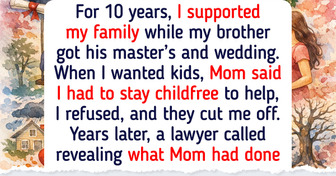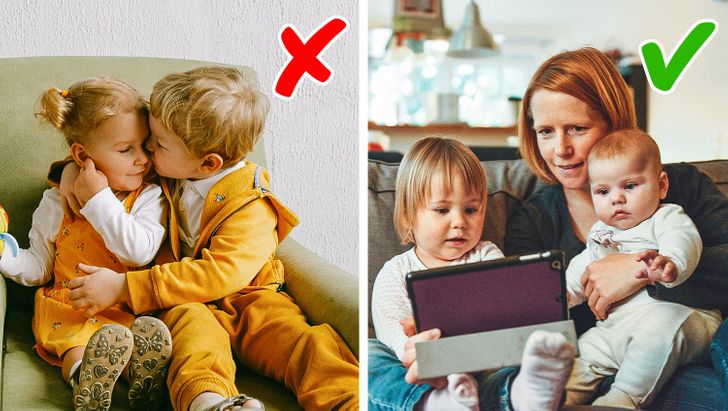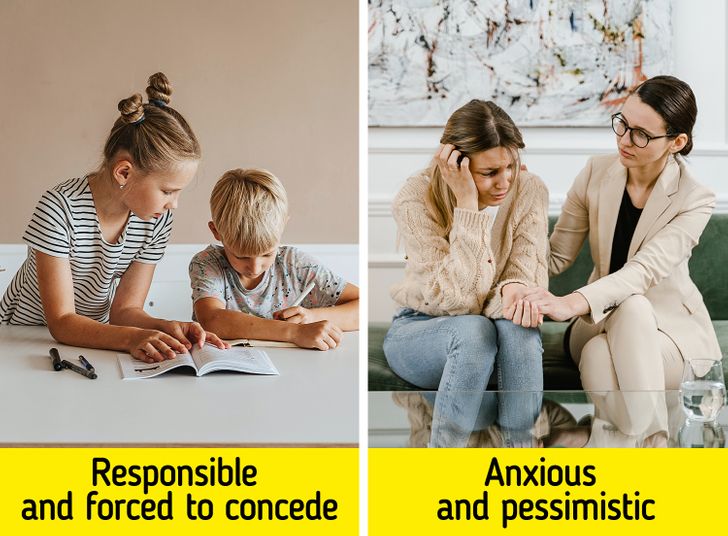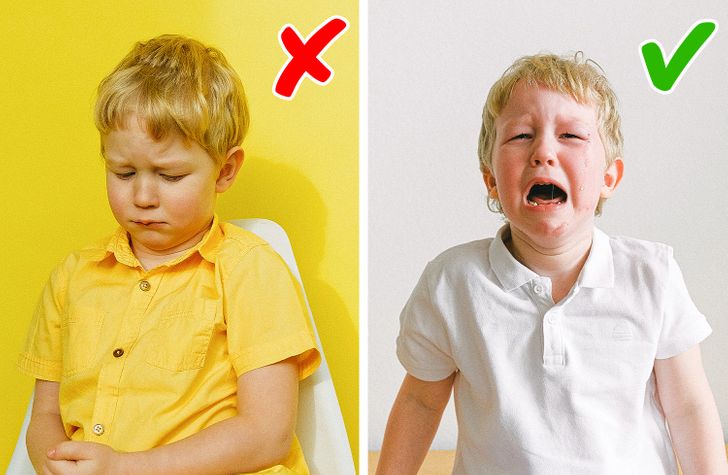true that, my mother does tell me that since im older I need to look after my sisters😅
7 Phrases From Parents That Can Ruin the Relationship Between Siblings Once and Forever
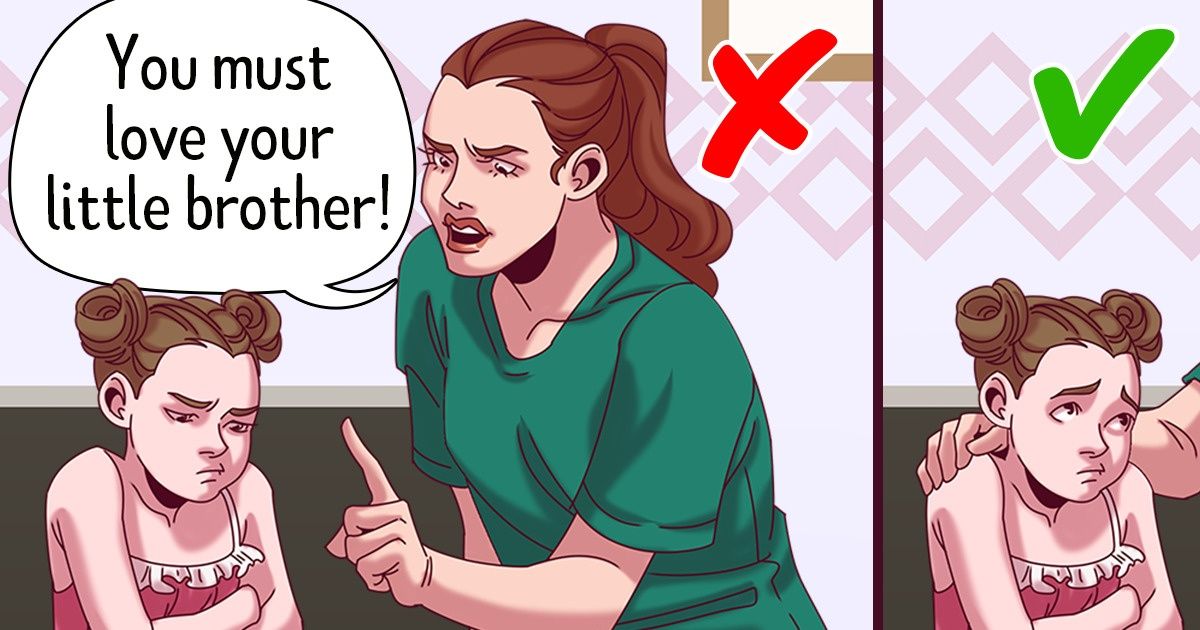
Raising kids is a complex, difficult task — and raising several at once makes the process even more tricky. Not only is it necessary to build a trusting relationship with each of your kids, but it’s also crucial to help them have good relationships with each other as well. Unfortunately, sometimes unobvious things can become obstacles, like phrases that are passed on from generation to generation that don’t do anything but cause confusion and conflict.
Bright Side decided to figure out what phrases can be harmful and are better not to be used when raising kids if you want to prevent them from competing with each other and be truly happy and friendly.
“Take your sister or brother as an example.”
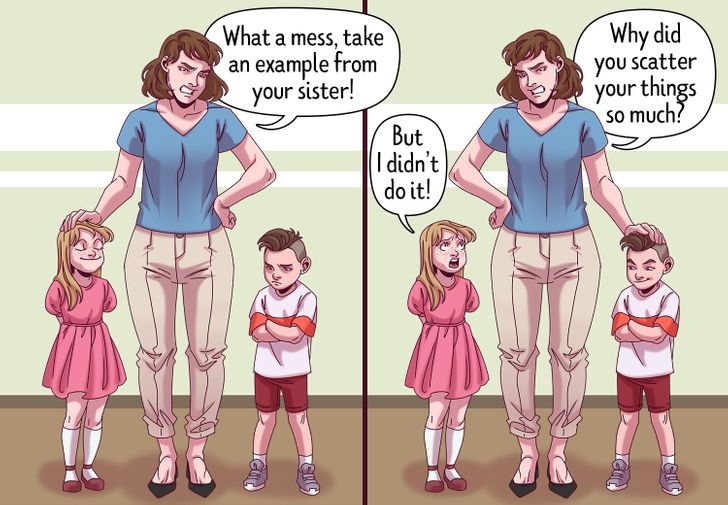
It might seem like making comparisons with other kids can serve as perfect motivation. However, the kid will only hear that you love their sibling more and that he or she is worse. It creates feelings of bitterness and envy, which can lead to both self-esteem problems in the long run and harsh competition in the present when one kid starts to use dishonest tricks.
“Look after your younger sibling.”
It’s recommended to ask the older kids to look after the younger siblings only when there is a significant difference in age. But you’d better keep in mind that this activity shouldn’t become a duty of the elder kid, as they aren’t supposed to replace parents completely. Ideally, it should be a self-manifestation of love or work that will be paid for with either money or gifts.
“You must love them.”
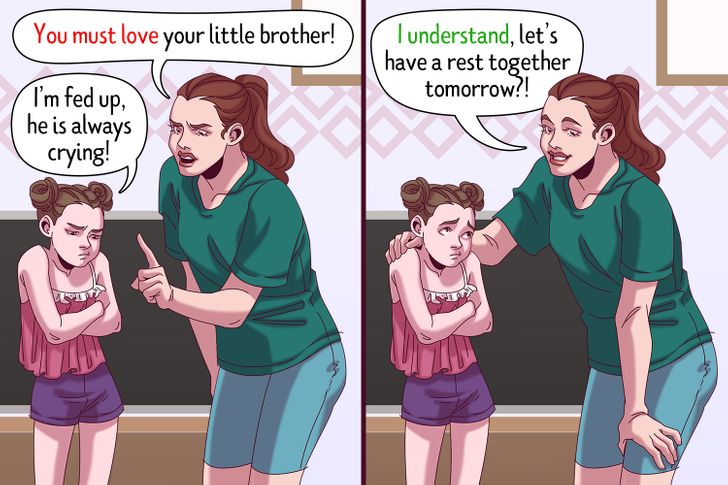
The appearance of a new baby in the family can be stressful for kids. Controversial feelings and jealousy start to brew inside them. Efforts to make your older kids start loving the “newbie” because they are relatives can only worsen the rejection. A much better option is to occasionally plan for some alone time with the older sibling. It’s worth explaining to them that they have the right to experience such emotions, and always praise the moments they show care toward their younger sibling.
“You are older, be smarter, and concede.”
Frequent acceptance of the younger sibling’s side, as well as forcing the older sibling to always endure and give in for the sake of the younger one, can not only lead to the absence of a relationship between the children but also to personal problems for the older child. Thus, due to a load of responsibility and constant pressure, they might grow up into a less optimistic and anxious perfectionist who always seeks approval and has a hard time building friendly ties.
“So, who’s gonna get ready first?”
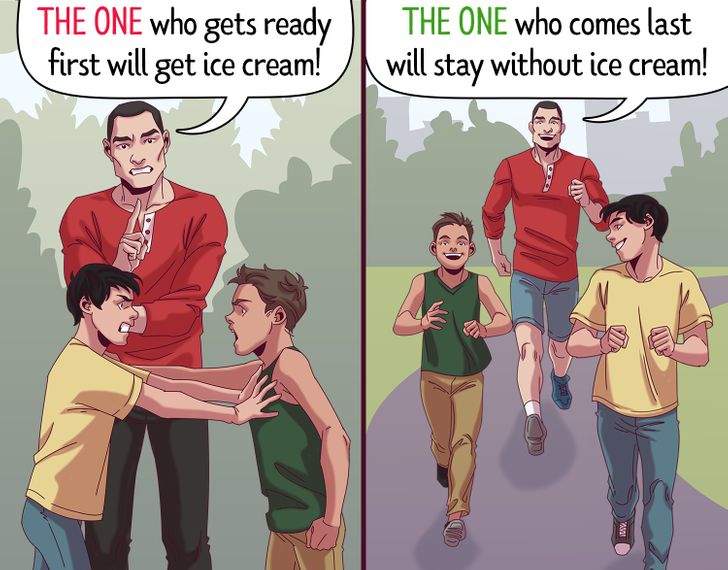
Another bad habit many parents have is the open provocation of competition between kids. When it comes to comparing kids to each other, one of the kids will feel disadvantaged; but when it comes to open competitiveness, everyone will lose and feel anxious in the scenario. This is because competition is not a game for kids, and the emotions that they get from losing or winning are truly strong. That’s why it would be more appropriate to turn them into a team instead of competitors. You can do it by being a third player who will take up the role of the one who loses.
“Stop being angry,” or “Deal with it.”
Not only does banning emotions perpetuate worry and leave the issue unsolved, but it also makes things worse in general. Even adults have to work through their inner conflicts from time to time. Instead of prohibiting your kids from feeling angry, it’s better to listen to them, say that their feelings are normal, and help them figure things out. In order to reduce the number of conflicts they face, try to outline teamwork and mutual help between kids and praise them for it.
“I love you all equally.”
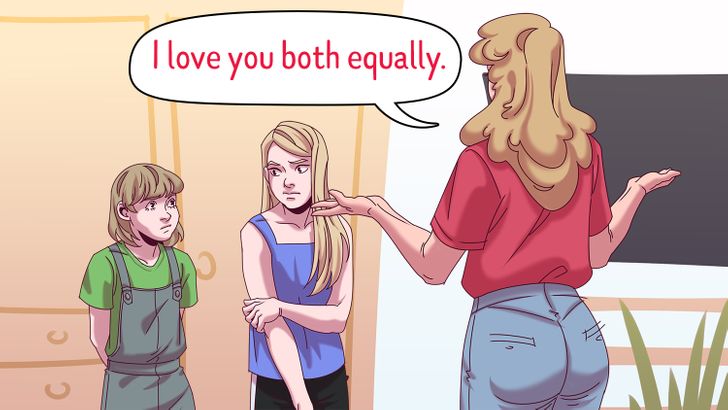
Every person possesses individuality, and that’s why it’s important for those around us to recognize our strong and unique sides. The phrase, “I love you equally,” outlines that none of the kids have anything special in them. Instead, it’s better to enhance their differences and praise each kid for their talents. In this case, each of them will feel that they’re valuable and precious.
In your opinion, what other popular phrases harm kids’ psyches and the relationships between siblings?
Comments
yeah my parents all ways scold me but they all do it for my good
Related Reads
10 Moms and Dads From Reddit Shared Their Tips That Are Cooler Than Any Parenting Book
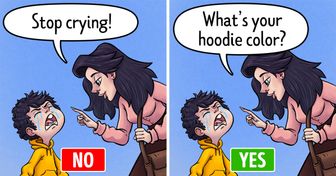
I Very Truly Cannot Stand My Daughter and I Am Ashamed of Her, Here’s Why
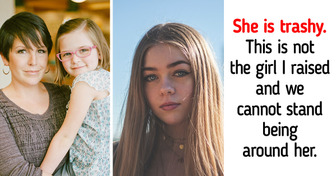
A Girl Fakes Losing Her Passport to Avoid Babysitting Her Nephews, and Asks Public If She Did the Right Thing
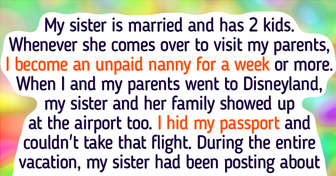
I Excluded My Mom From My Wedding Ceremony to Please My Mother-in-Law
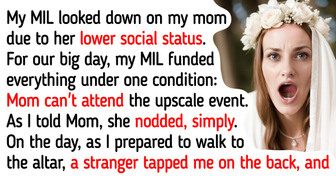
20+ Things About Other Countries That Tourists Just Can’t Understand
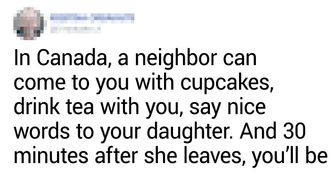
20+ Things We’ve All Heard of but Have No Concept of Their Size

25+ Inventions That Can Make All Women Erupt in Applause

15 People Who Stay Kind Even When Their World Is Falling Apart
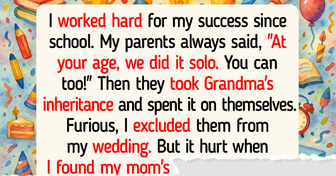
I Refuse to Pay for Everyone Else Just Because I Chose a Vegan Restaurant
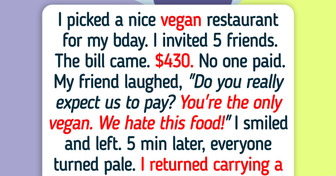
Our “Romantic” Vacation Was Hijacked by My Wife’s Family—And It Forced Us to Reevaluate Our Relationship
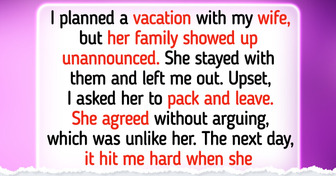
12 Moments That Prove Kindness Is Soft but Completely Unbreakable
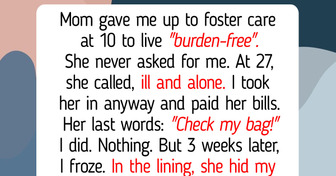
I Refused to Give Up Motherhood to Be My Mom’s Unpaid Caregiver
